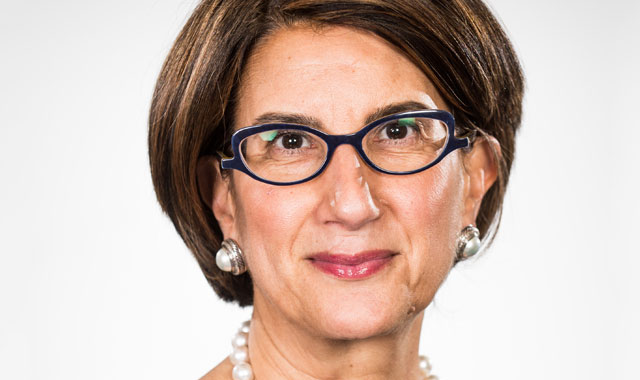
Data centres are suddenly de rigueur in Africa, with new facilities being deployed across the continent as telecommunications operators and independent infrastructure providers build facilities to cater for rapidly expanding demand from African consumers for cloud-based services, including video on demand.
That’s the word from Nina Triantis, Standard Bank’s global head of telecoms and media, who is part of the bank’s equity capital markets team based in London where she focuses on providing investment banking services to clients in the sector, primarily those looking to invest in Africa.
“The data centre hype is finally being realised in Africa,” Triantis said. “People have been talking about data centres for a long time, but in sub-Saharan Africa – outside South Africa – the lack of infrastructure and power has meant it has been difficult.”
There also hasn’t been big demand from international players such as Microsoft, Amazon, Google and Facebook, but there are signs that this is starting to change as these companies turn increasingly to emerging markets for future growth.
In South Africa, the data centre market has always been better developed than in the rest of the region, but demand continues to expand thanks to a growing trend by big companies, including banks, to outsource IT operations. This is fuelling demand for data centre capacity and enterprise cloud offerings, she said.
Teraco has emerged as the largest independent data centre operator in Africa. It is building a vast new data centre on Johannesburg’s East Rand, and has facilities in Cape Town and Durban. “You are going to see more [Teracos]. We are aware of several players looking to build regional or pan-African platforms,” Triantis said.
Also fuelling growth is the ongoing convergence between telecoms and traditional IT. As their traditional voice businesses come under pressure, mobile operators in particularly are pushing into enterprise services. Some companies – like Dimension Data, with Internet Solutions – are already well positioned in this regard. Others, like Telkom, which acquired Business Connexion for R2,7bn in 2015, are buying expertise as the two industries converge.
Triantis does not, however, expect a string of Telkom/BCX-type deals to follow, in part because there simply aren’t that many to buy. “We don’t see a lot of M&A in the short term.”
Triantis expects more deal flow to happen involving African mobile operators and private equity investors. “Some of the majors are disposing of assets.”
One recent private equity deal involved the sale of 60% of Telkom Kenya to Helios Investment Partners. More such deals could follow, especially as companies like Bharti Airtel, which is under pressure in its home market of India, and Millicom look to offload African assets.
Could Vodacom and MTN play a big role in future consolidation on the continent? It’s possible, said Triantis, but “no one wants to go into the small countries” anymore. “They will consider transformational or needle-moving opportunities that will properly diversify their exposure. If there were such an opportunity for MTN, then possibly you’d see MTN doing that. In the shorter term, though, the focus does not seem to be M&A driven, but more operational.”
She said there are no big obvious opportunities right now.
Triantis downplayed speculation that MTN is planning a big move into financial services following the appointment of three top executives from that sector – incoming CEO Rob Shuter, incoming chief financial officer Ralph Mupita and new strategy and mergers & acquisitions chief Stephen van Coller.
Shuter, for example, is regarded more as a telecoms executive than a banking executive, even though he once led Nedbank Retail, while appointing a banking executive like Van Coller (ex-Absa Corporate and Investment Banking) makes sense for an M&A role. “For telcos, it’s mainly what they do with their mobile financial services platform and not necessarily about an M&A-driven strategy.
- This article was also published in the Sunday Times of 13 November 2016




